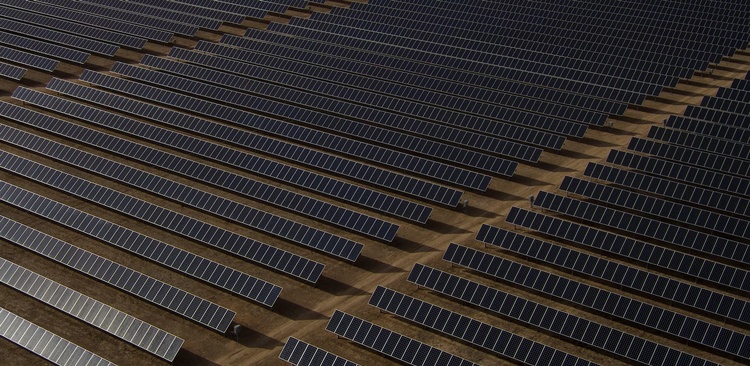September 17 NEC Energy News
¶ “G20 Leaders Commit To Triple Renewable Energy Capacity By 2030 And Achieve Global Net Zero By 2050” • In a significant move on climate change issues at G20 summit, the leaders agreed to go for rapid, deep and sustained reductions in global GHG emissions by 43% by 2030 relative to the 2019 levels to limit global warming to 1.5°C. [Mid-day]

¶ “Solar Power Five Times More Popular Than Fossil Fuels: Survey” • According to a global poll by research firm Glocalities, more than 68% of people worldwide support solar energy. Only only 14%of respondents back fossil fuels, and 24% back nuclear. The use of solar energy has been expanding rapidly on a global scale, as its costs decline. [Interesting Engineering]
¶ “Antarctic Sea-Ice At ‘Mind-Blowing’ Low Alarms Experts” • Satellite data shows the sea-ice surrounding Antarctica is well below any previous recorded winter level, a worrying new benchmark for a region that once seemed resistant to global warming. An unstable Antarctica could have far-reaching consequences, polar experts warn. [BBC]
¶ “Poison Ivy Is Poised To Be One Of The Big Winners Of A Warming World” • Poison ivy is poised to be one of the big winners in this global, human-caused phenomenon. Scientists expect the dreaded three-leafed vine will take full advantage of warmer temperatures and rising levels of carbon dioxide in the atmosphere to grow faster, bigger, and more toxic. [NPR]

¶ “EVs To Surpass ⅔ Of Global Car Sales By 2030, Putting At Risk Nearly Half Of Oil Demand” • Global EV sales are on track to meet or outpace even the most ambitious net-zero timelines and could account for more than two-thirds of market share by 2030, following exponential growth trends, according to three research projects by RMI. [CleanTechnica]
¶ “EU May Require Four Times More Workers For Wind And Solar Projects By 2030” • Demand for talent in wind and solar power projects is expected to rise by “as much as fourfold” in EU countries by 2030, McKinsey & Co said. The wind and solar industry will need 990,000 full-time workers by the end of the decade, up from with 290,000 in 2020. [The National]
For more news, please visit geoharvey – Daily News about Energy and Climate Change.
